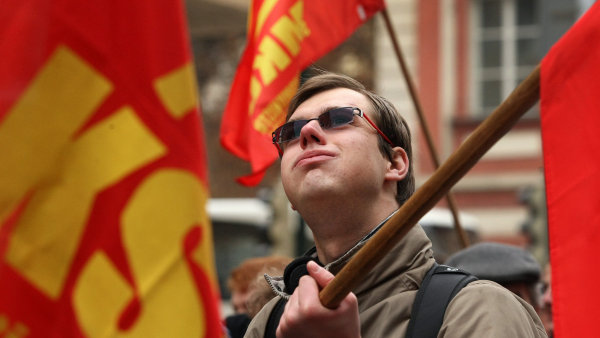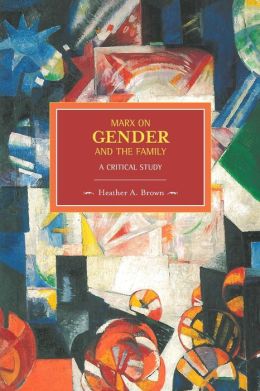Spain: Podemos and the dynamic reorganisation of the left

Click for more on Podemos and
Venezuela: Maduro announces 'five big revolutions'

Maduro announced a new stage of the revolution.
Climate and collusion: 'The window to halt runaway climate change is closing fast'
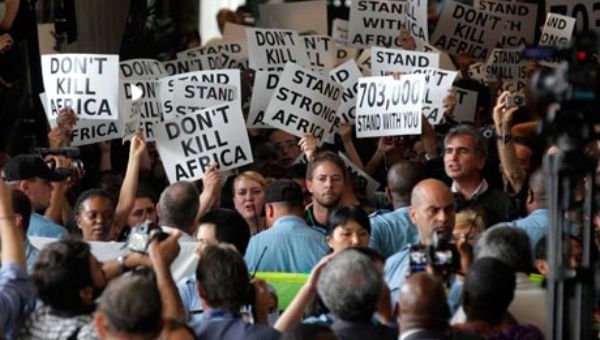
Environmental activists attempt to gain access to the plenary session of the United Nations
`Foro Social Latinamericano', September 2014 issue: Green Left Weekly's Spanish-language supplement

El Foro Social Latinoamericano se pronuncio el 12 de agosto sobre la detención de Liliany Obando, activista colombiana de derechos humanos.
Kurds search for unity amid relentless fight to defeat 'Islamic State' thugs

Kurdish fighters after liberating Maxmur.
Escocia: Independencia sin fronteras
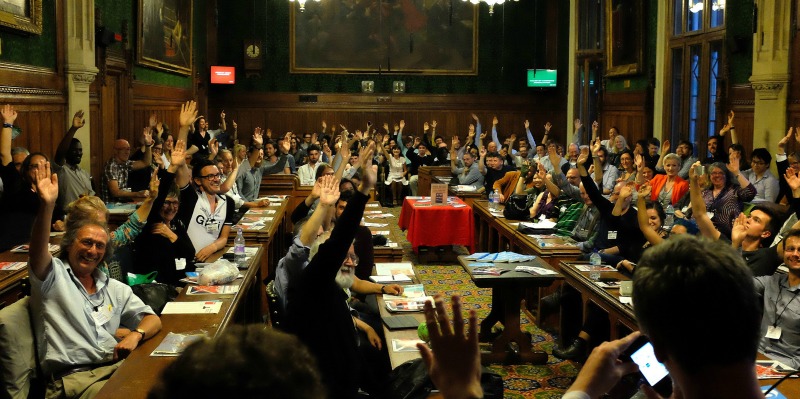
"La independencia de Escocia no es una cuestión de fronteras o banderas, sino de la vida de la
Neue Befreiungskräfte debattieren die Zukunft eines post-Apartheid-Südafrika

[English at http://links.org.au/node/4015.]
Federico Fuentes
South Africa: Two years on, Marikana massacre still reverberates
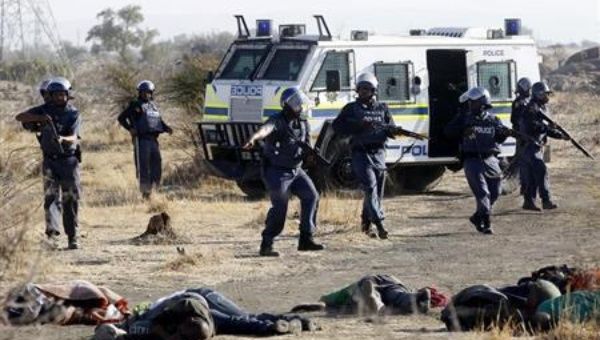
Dead miners massacred by police outside the Marikana platinum mine in Rustenburg, 100 kilometres north-west
Behind the Kiev/NATO war on the people of eastern Ukraine

Market in Luhansk hit by Ukraine government shelling, August 2014.
Pakistan: A ‘soft’ military coup?

"The issue of election rigging is just a cover for Imran Khan.
